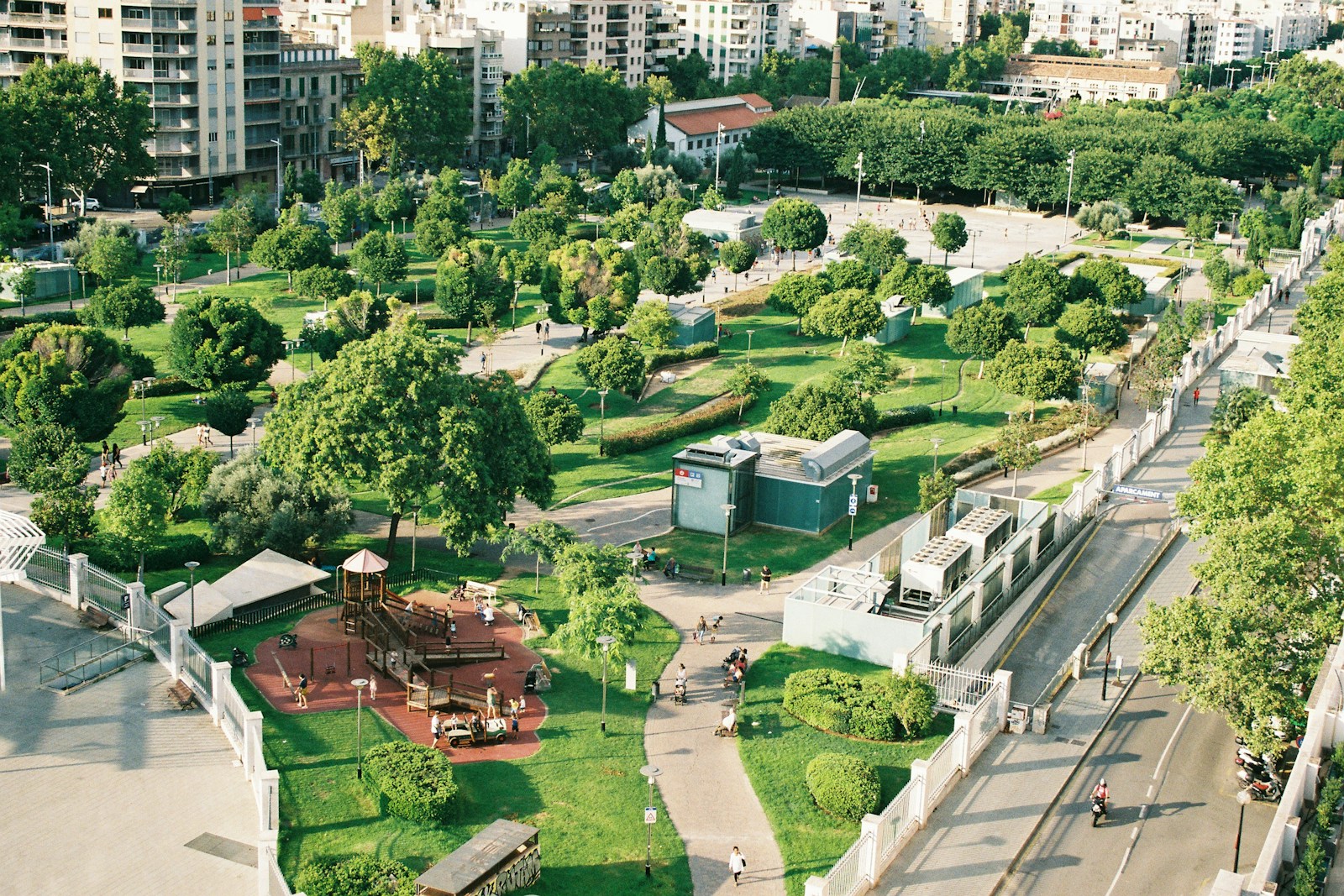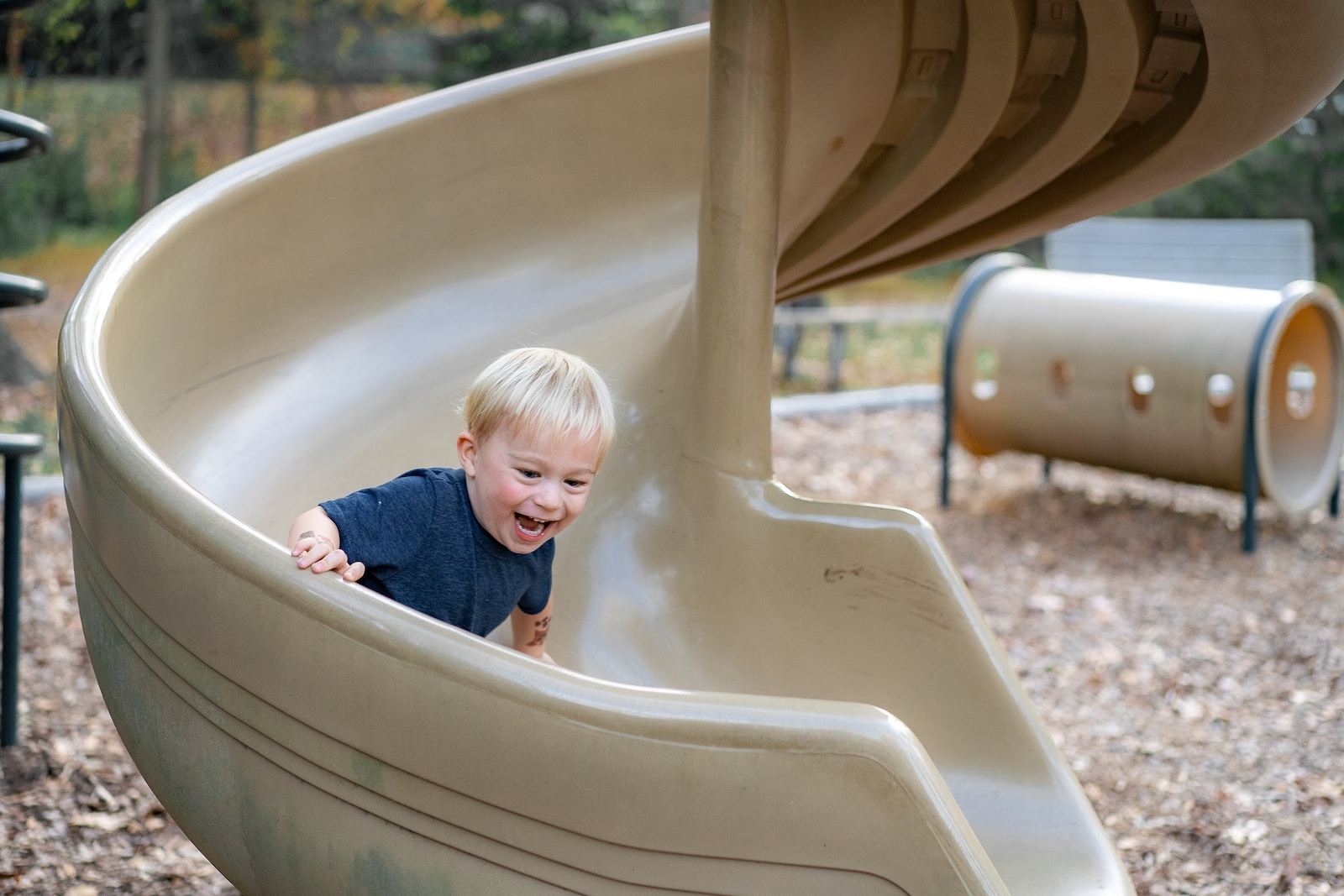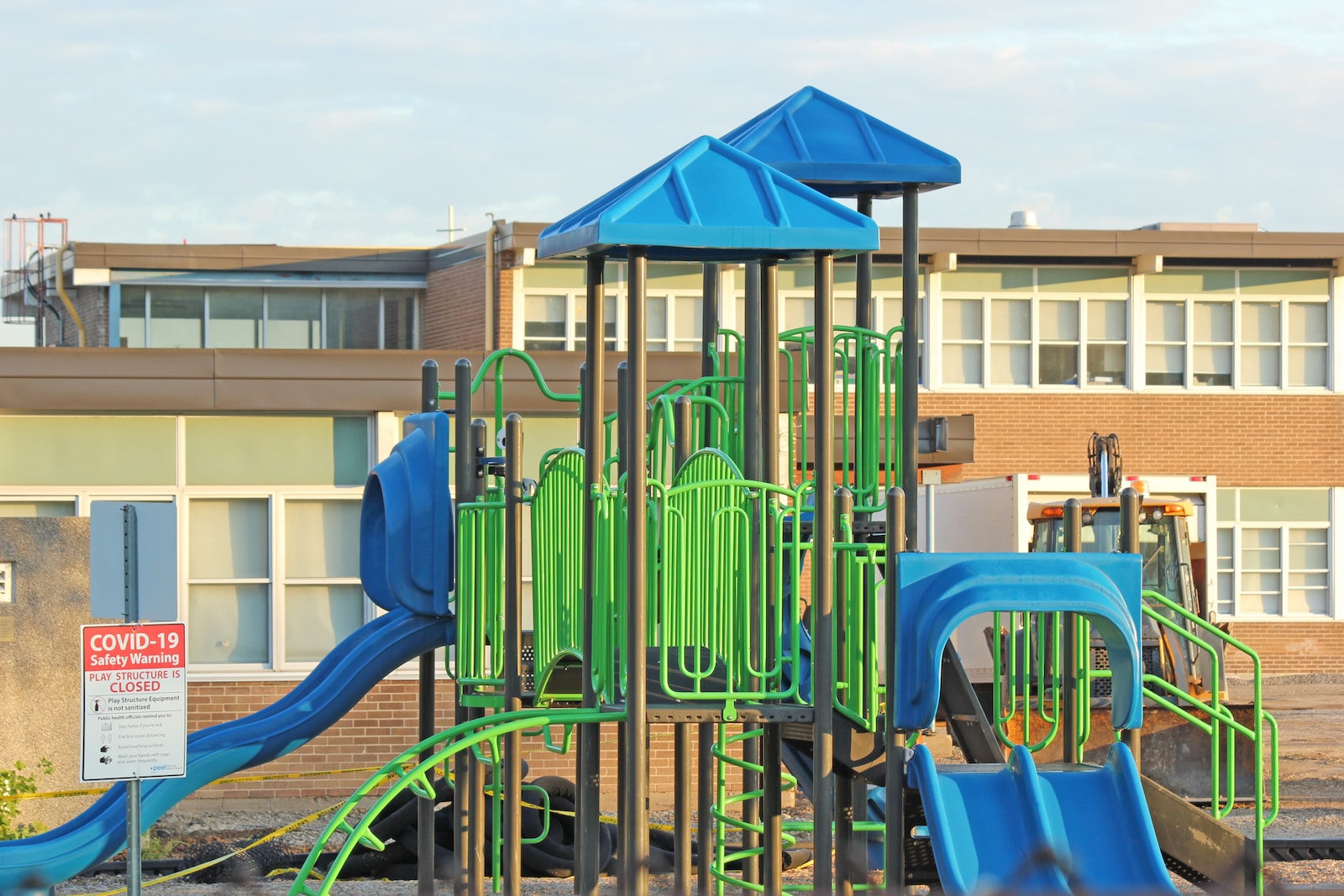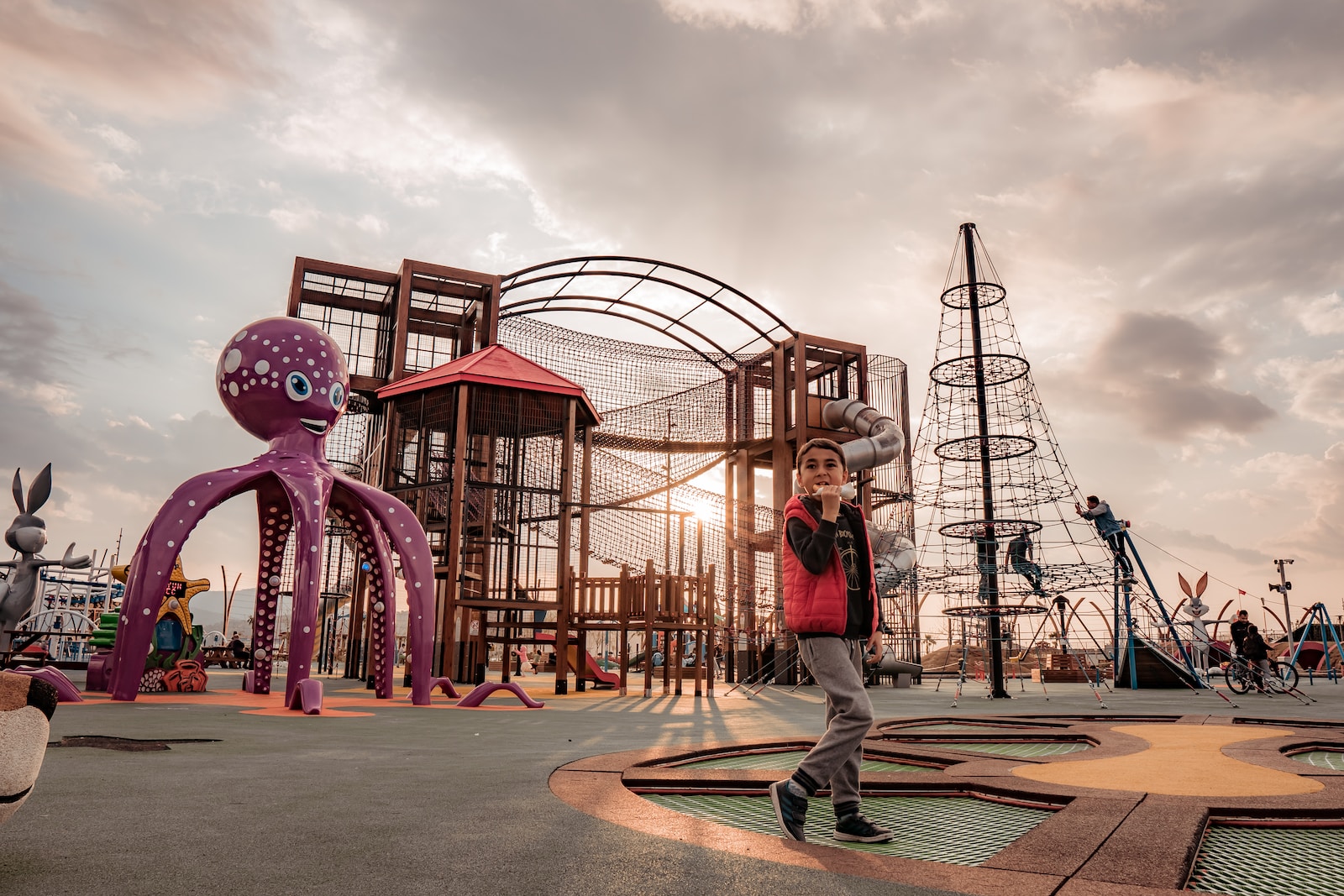Abstract
Open spaces for collective use in the built heritage of cities are the places to promote and sustain social, cultural, and economic changes. The transformation of the built environment raises awareness of following the policies and tools for the implementation of the EU New Generation Programme, redefining the framework of intervention priorities at the urban scale. Tackling the increasing physical degradation, underutilization, social disparity, and loss of the tangible and intangible culture of these types of spaces, this research identifies artistic production and social cohesion as the enabling factors of maintenance. The regeneration of areas of collective use returns an experimentation of strategic importance for the participatory and shared care of consolidated heritage contexts. The Sanità district in Naples represents a case study of a community-built custom playground, testing a co-design approach, maintaining the consolidated qualities, and awakening the responsibility of the youngest. The outcome is a circular model that focuses on the regeneration of such spaces, transforming an abandoned built environment from waste into a resource.
DOI:
Journal: Sustainability
Year: 2024



